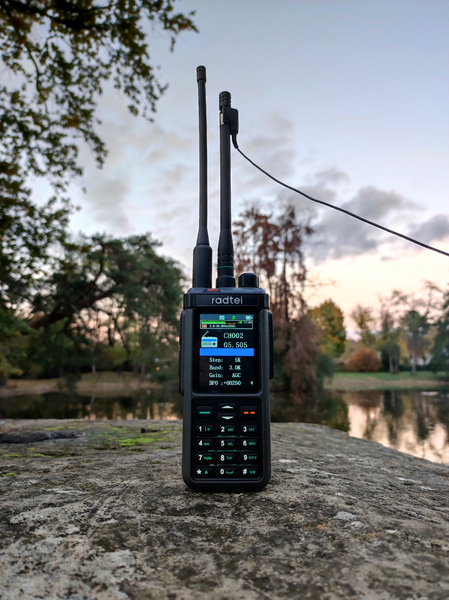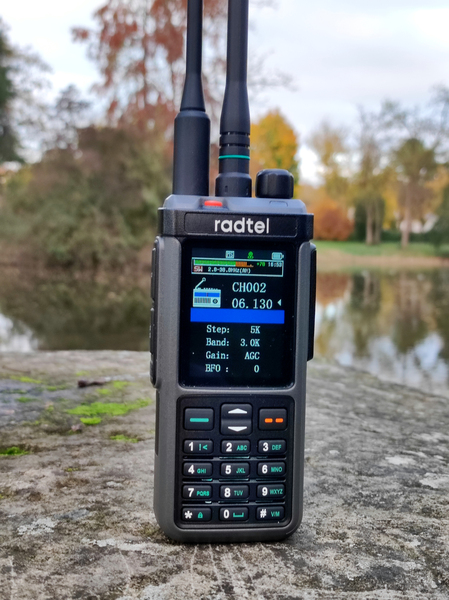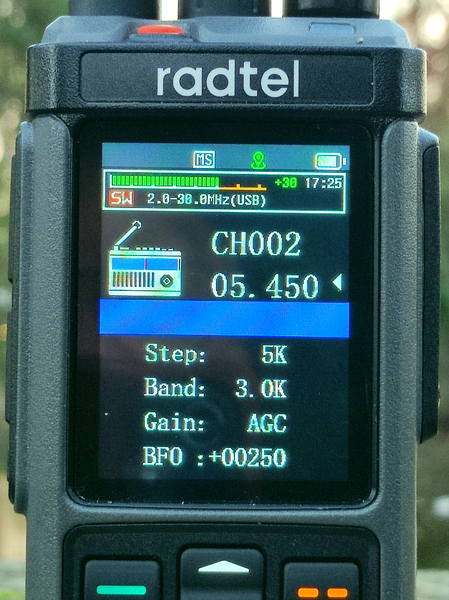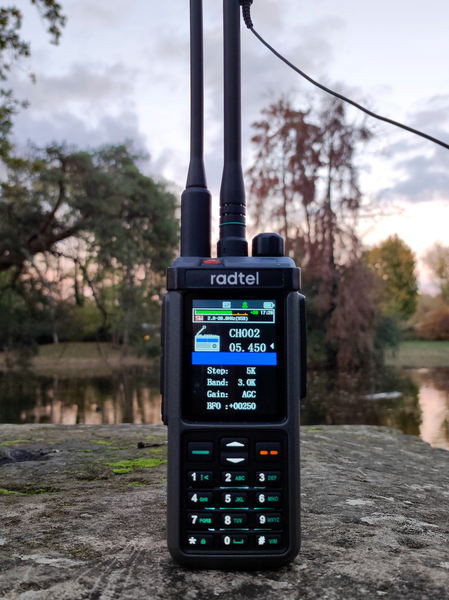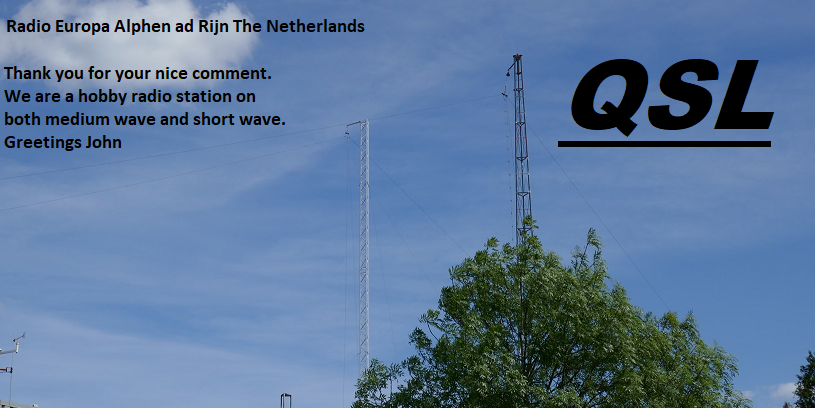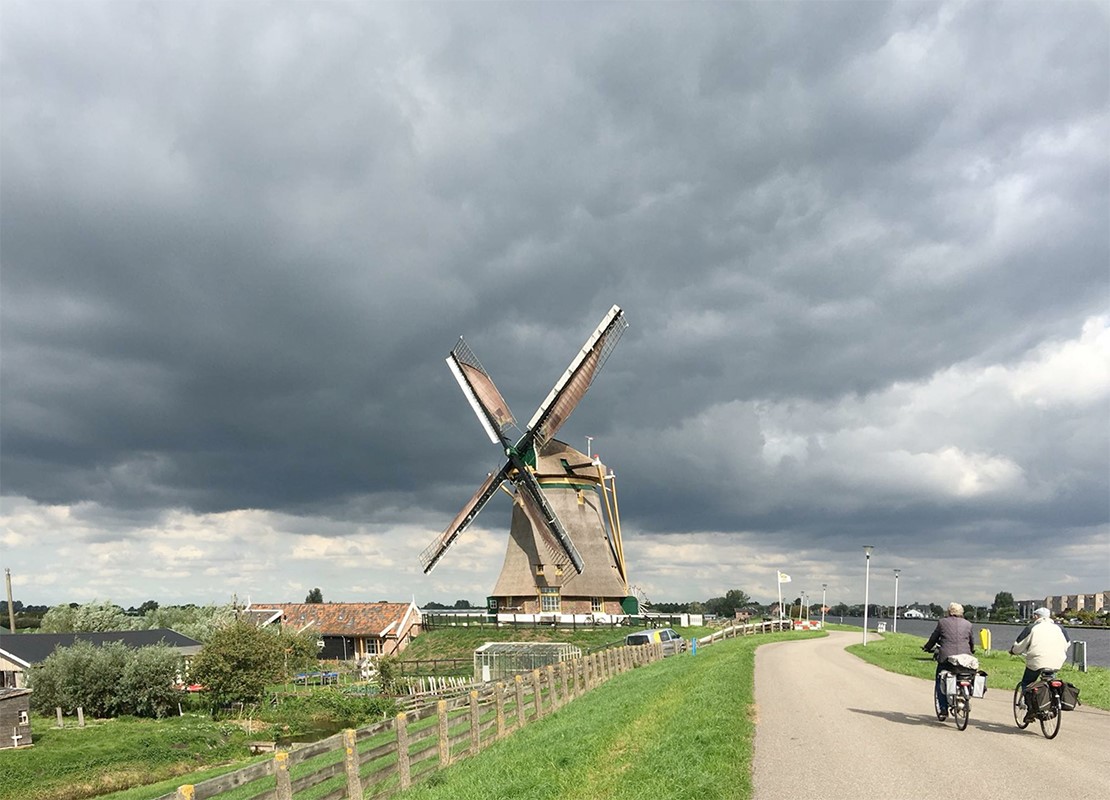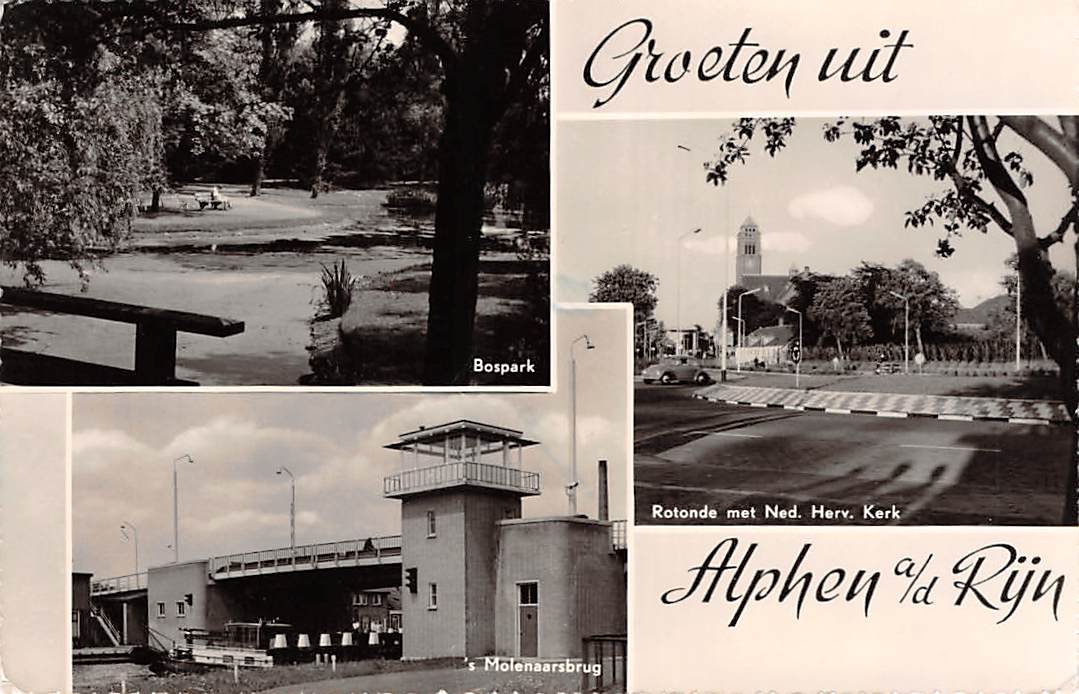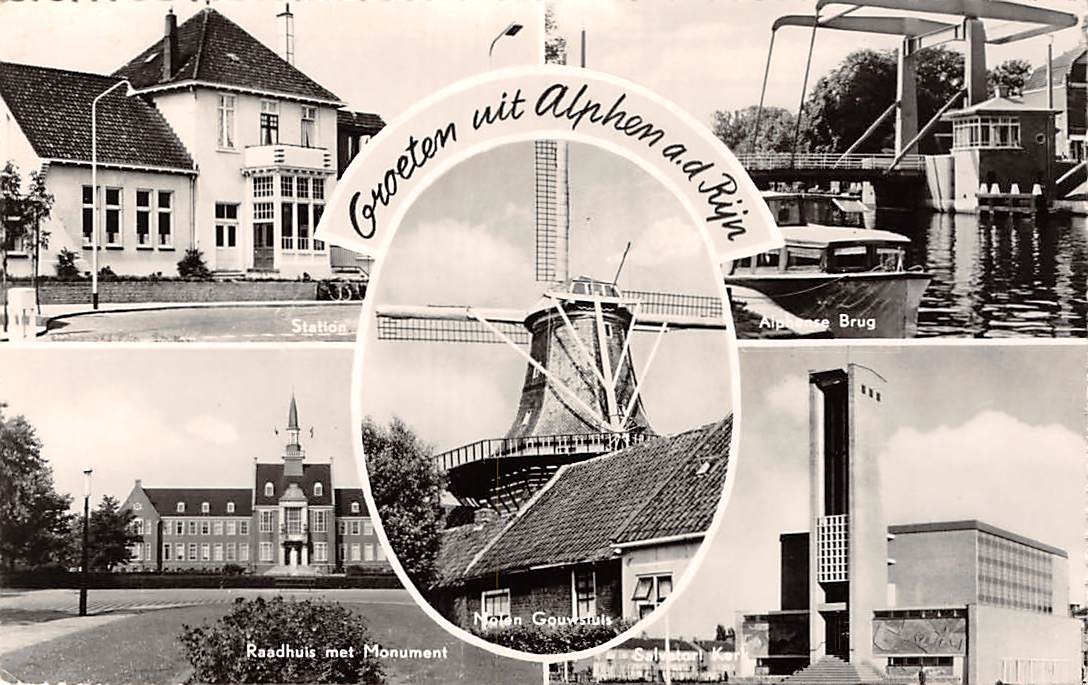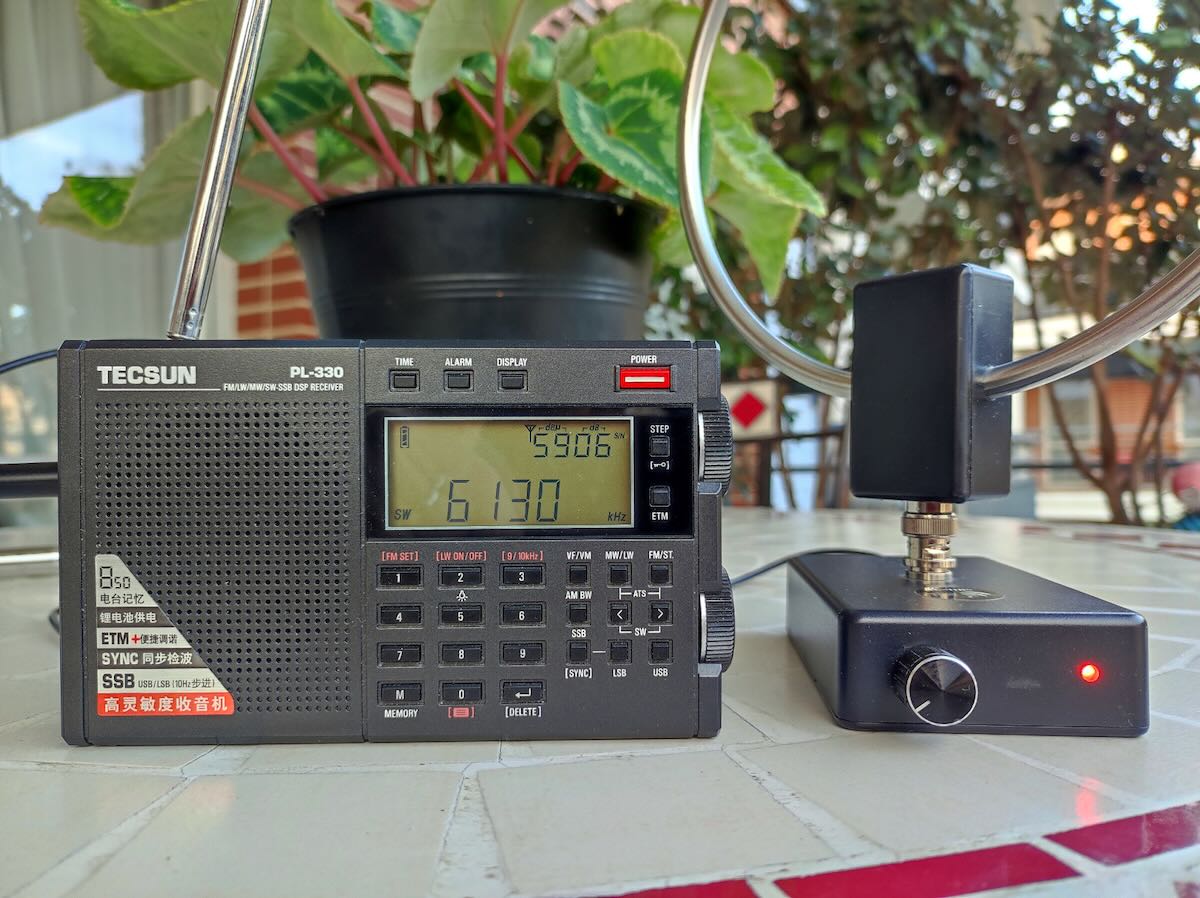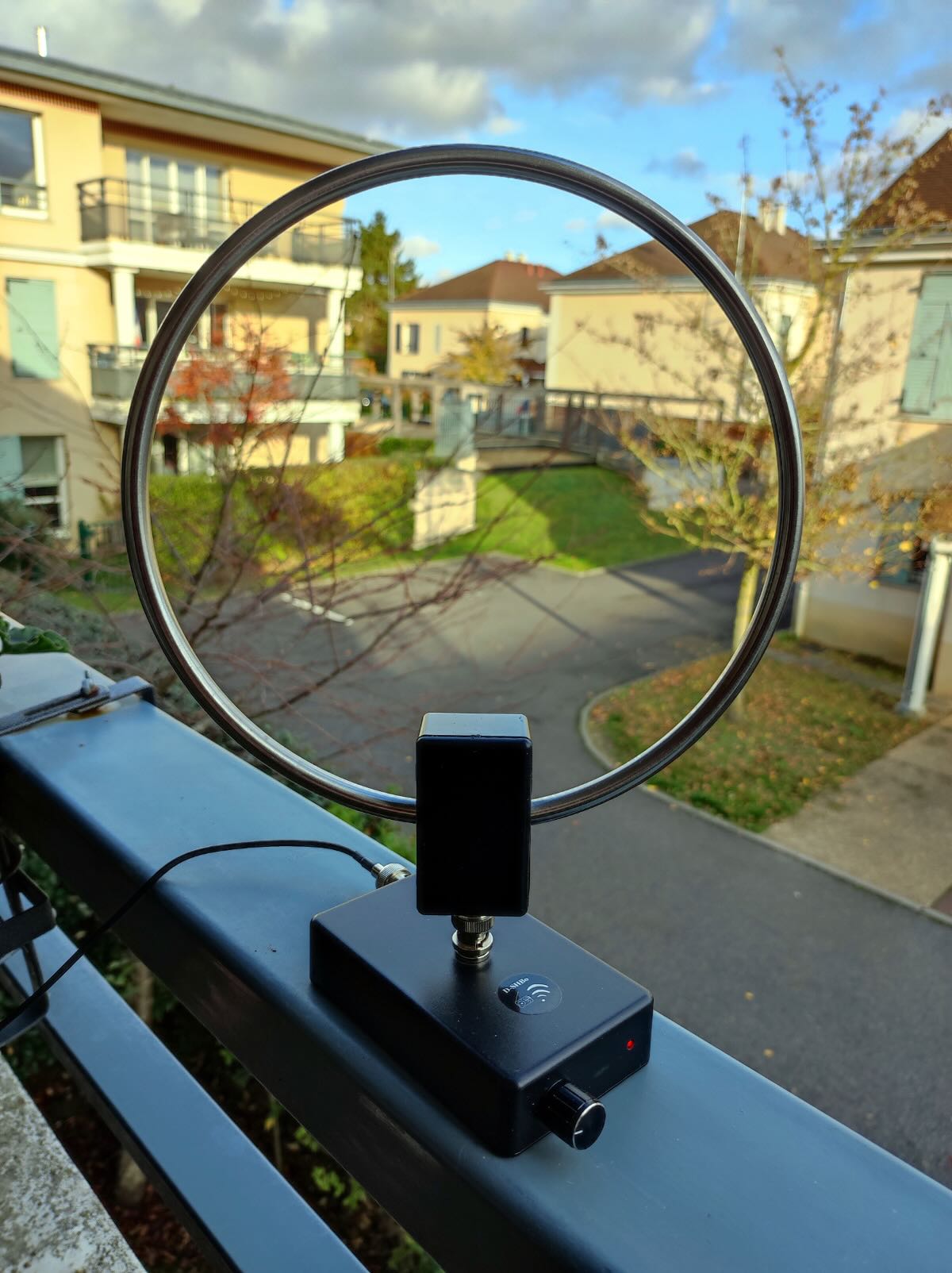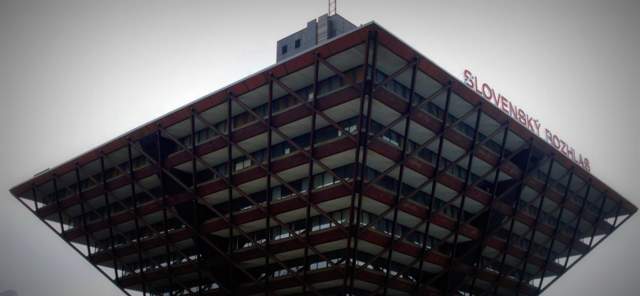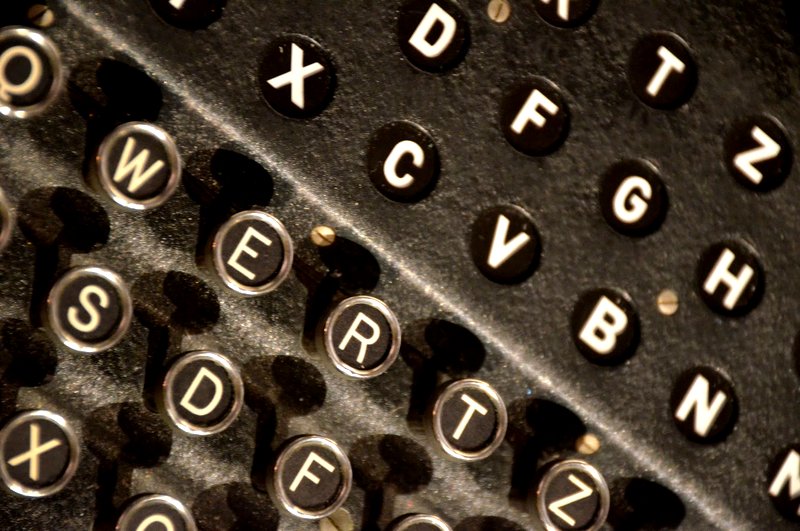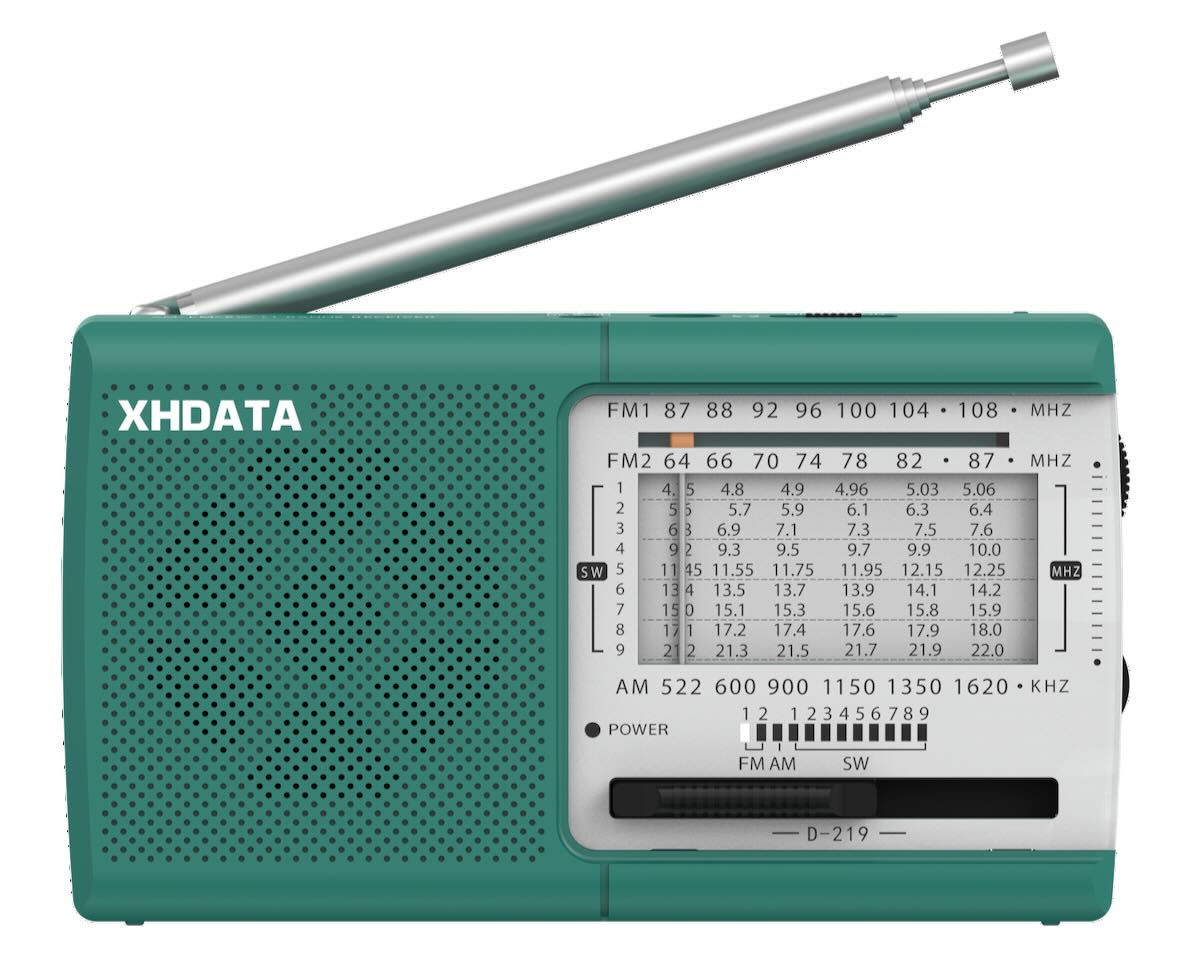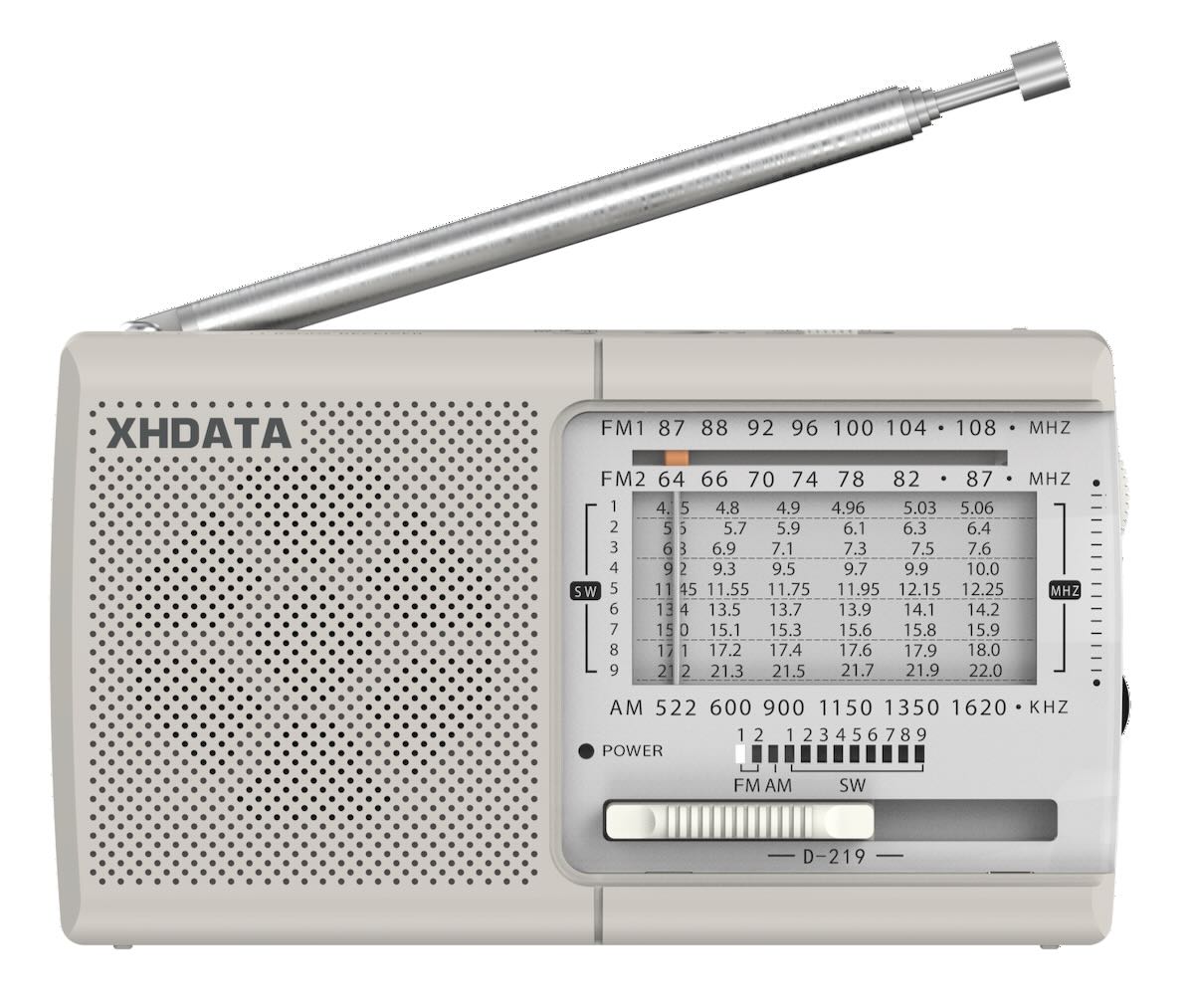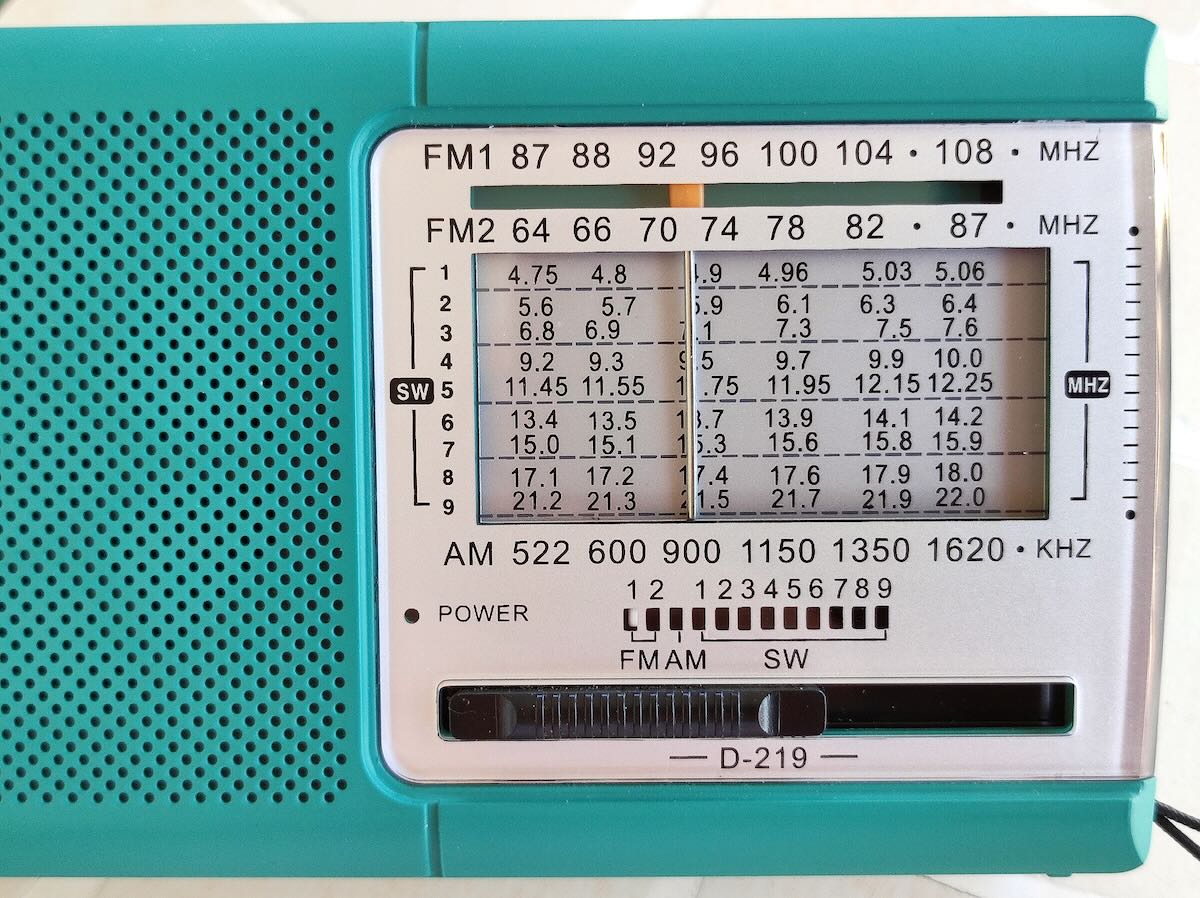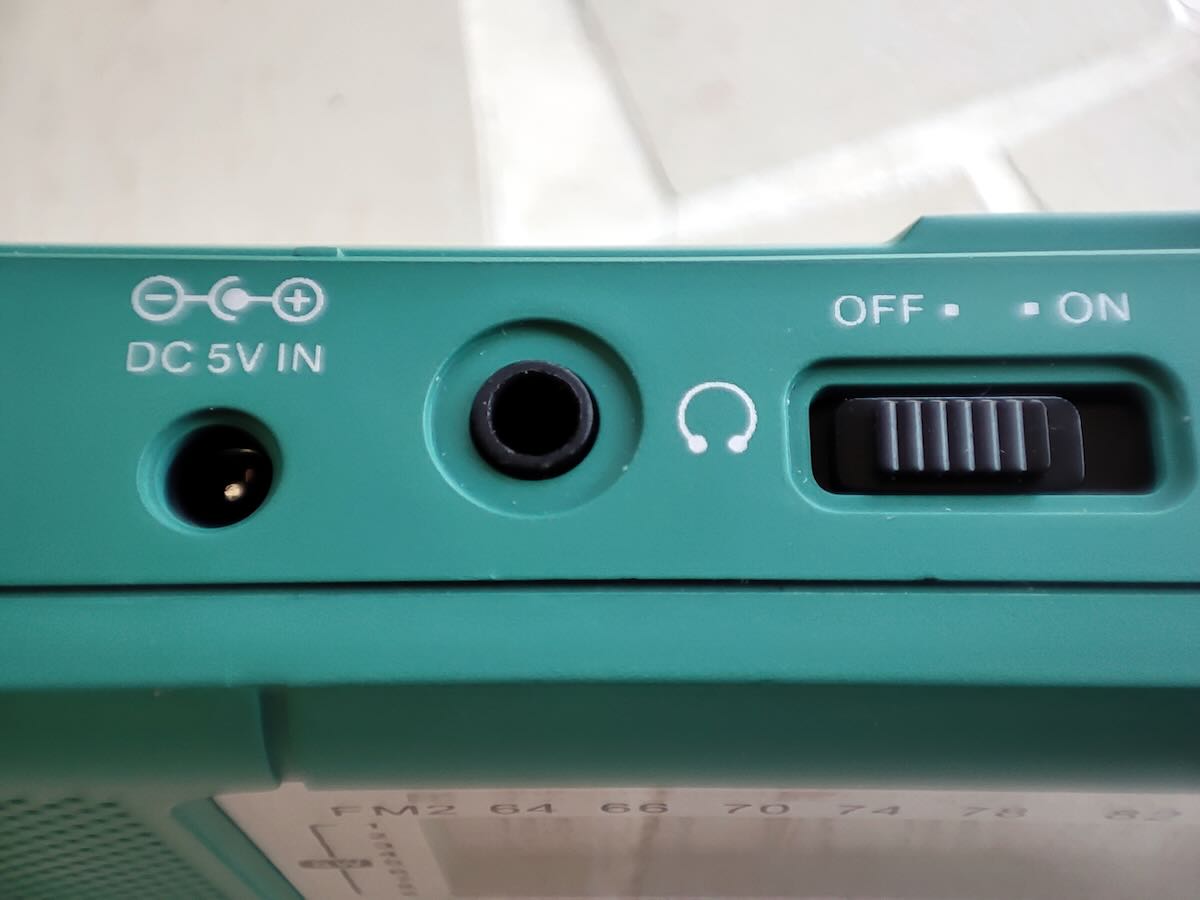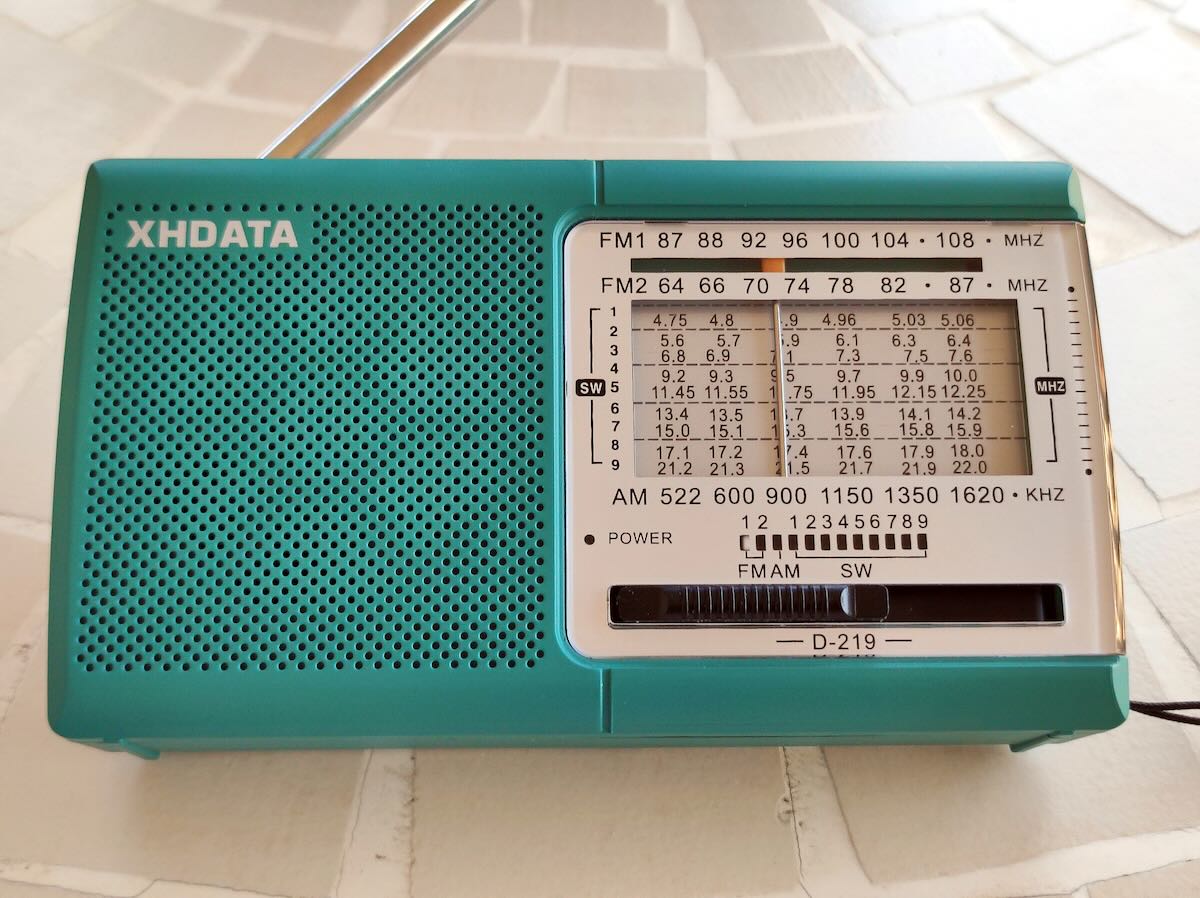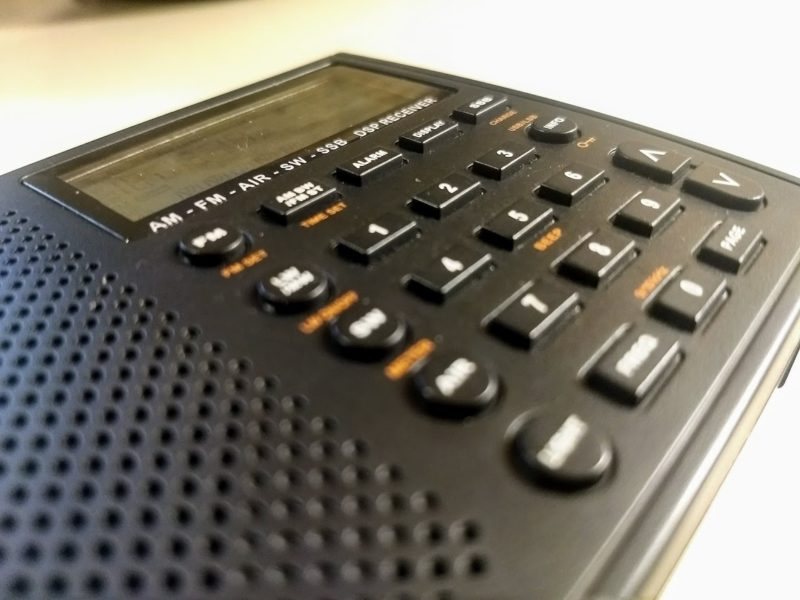 Many thanks to SWLing Post contributor Paul Jamet, who shares the following tip:
Many thanks to SWLing Post contributor Paul Jamet, who shares the following tip:
Dear Thomas,
This morning I received a message from Meg Wang, Head of the French Service at Radio Taiwan International. Although this message is intended for listeners of RTI’s French and German services, I think it may be of interest to all DXers, especially English-speaking DXers:
Dear listener,
As part of an exchange between Yilan Senior High School and the municipality of Vardø in northeastern Norway, RTI is going to broadcast a one-hour program in English produced by Taiwanese high school students for listeners in Vardo. Tune in to 15150 kHz to listen to this shortwave program on January 22, from 08:00 to 09:00 UTC, which corresponds to 09:00 to 10:00 local time in Norway.
The transmission will be broadcast from the Tamsui transmitter site in northern Taiwan, on 15150 kHz, with a power of 300 kW and a beam heading of 325 degrees.
RTI invites listeners of the French and German services to send us an audio recording of the program as received at your location, which we will pass on to the Yilan students.
For every recording sent, you will receive a mobile phone shoulder strap and a pad of sticky notes featuring the Formosan blue magpie, along with the RTI logo.
Thank you for sharing this information around you.
Thank you in advance!
RTI French Service.
RTI’s English service is expected to publish an announcement on its Facebook page: https://www.facebook.com/RadioTaiwanInternational/
Have a nice day. Best regards.
Paul JAMET

